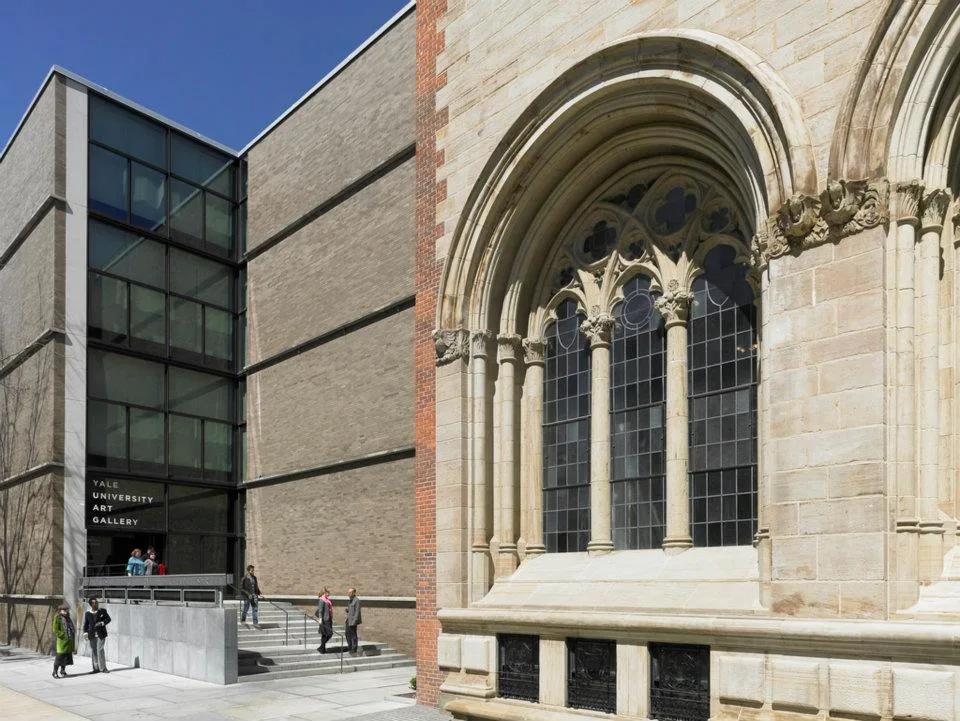Yale University has turned down two federal grants, citing objections to new restrictions targeting diversity, equity, and inclusion (DEI) initiatives. The grants, from the National Endowment for the Arts (NEA) and the National Endowment for the Humanities (NEH), were meant to support an upcoming exhibition on African art, focusing on the Nguni people of southern Africa.

Instead of accepting the money, the museum withdrew both applications, becoming one of the first major institutions to push back against what it calls an “ideologically driven” federal requirement. At the heart of the issue is a new clause requiring applicants to confirm they do not support DEI programs that “violate any applicable federal anti-discrimination laws.” Yale officials said the language is vague and incompatible with the gallery’s mission.
In a statement, Roland Coffey, director of communications for the Yale Art Gallery, explained,
“This clause contradicts our values and long-standing commitment to representing a diversity of cultures and voices.”
The decision leaves a significant funding gap for the planned 2026 Nguni exhibition. However, Yale has confirmed that the show will move forward. The university will tap into its own endowment and private funds, including the Robert Lehman Endowment, to cover costs.
This is not the first time Yale has walked away from government money. Earlier this year, the NEA pulled a $30,000 grant for the gallery’s Indonesian textiles show. The museum filled that shortfall with internal resources as well.
Meanwhile, concerns are growing in the arts community that future NEA and NEH funding could become harder to access, especially for projects highlighting historically marginalized communities.
Still, Yale’s choice sends a clear message: federal support will not come at the expense of institutional values.


